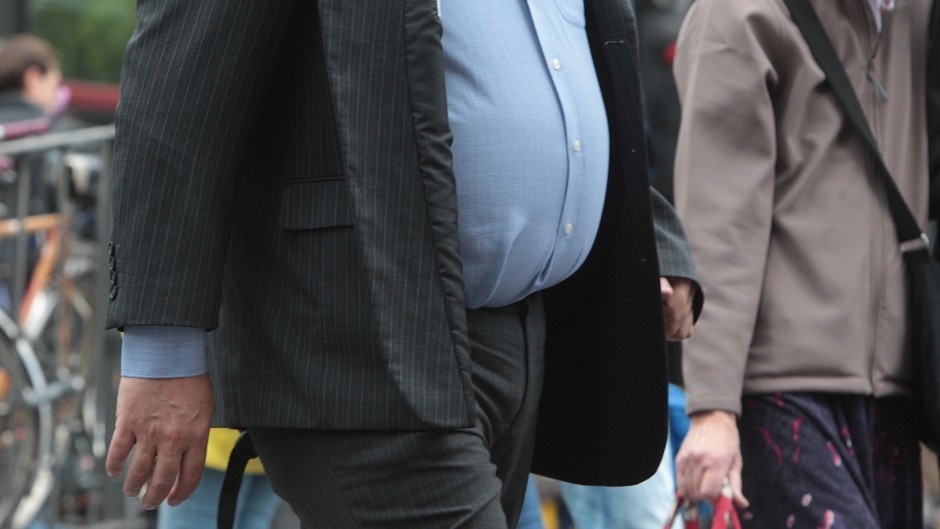Employers face having to buy heavy duty office furniture for overweight staff if a European court case rules that obesity is a disability.
According to law firm HBJ Gately, how the European Court of Justice (ECJ) rules on a case involving a 25-stone man from Jutland, Denmark, could change employers’ requirements for obese staff.
The childminder claims he was dismissed because of his weight, rather than poor performance by his employer.
The court has been asked to consider if EU discrimination laws include obesity, and if not, could obesity be considered a disability.
HBJ Gately head of employment Kim Pattullo said: “Employers currently have an obligation to make reasonable adjustments to the working environment so it’s safe and comfortable for staff with a disability.
“That might include things like height adjustable desks for wheelchair users, for example, but at the moment there’s no absolute legal requirement for a business to do the same for employees whose weight causes them health problems.”
Aberdeen-based office furniture business Claremont Office Interiors has reported an increase in reinforced office chairs in the past few years.
The company’s director Laura Jevons said: “Companies use specialised furniture as a pre-emptive measure, to avoid issues with repetitive strain injury and bad backs – sitting for eight hours a day isn’t good for anyone.
“There’s also a growing demand for furniture which is suitable for larger or heavier people.”
Figures released earlier this year from the Overseas Development Institute estimated that 64% of Britons were overweight or obese.
The ECJ is expected to make its ruling in the next few months.
